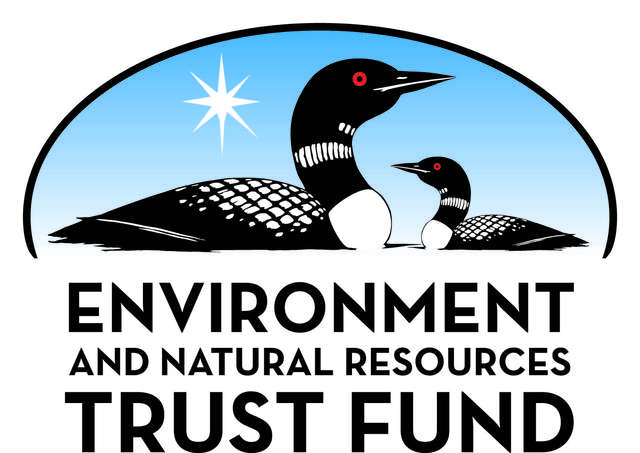Top > In the News... > National Science Appreciation Day
Join us in celebrating National Science Appreciation Day with your students.
Each year, CFI’s ScienceSaves program celebrates National Science Appreciation Day on March 26. Why March 26? On March 26, 1953, Jonas Salk announced his successful polio vaccine trials. The day is intended to recognize how science has benefited human outcomes, unleashed human potential, and transformed our quality of life. Last year, a record number of states and major cities issued official proclamations to honor the holiday.
We are surrounded every day by wonderful physical reminders of how the men and women dedicated to advancing science have improved our lives. We have computers, airplanes, heart monitors, refrigerators, clean water … it’s a long list. The opposite is true for advances such as the polio vaccine. The impact isn’t measured so much by what we see as it is by all the suffering that never came to pass.
Salk’s inactivated polio vaccine was licensed in 1955. By 1957, annual polio cases in the United States dropped from 58,000 to 5,600. By 1961, there were only 161 cases in the United States. Since 1988, polio vaccines have prevented an estimated 20 million cases of paralysis in children worldwide and 1.5 million deaths. Those are astounding numbers.
ScienceSaves puts the focus on gratitude—an emotion that unites, rather than divides.
Gratitude is powerful because it shifts our perspective from conflict to appreciation. Instead of debating issues, we can highlight the ways science has quietly made life better for everyone. March 26 should be a celebration of discovery, progress, and the ways science improves our everyday lives. We can express gratitude for clean water, electricity, medical advances, and technologies that connect us. Science isn’t about politics—it’s about progress, problem-solving, and the pursuit of knowledge that benefits all humanity.
I am sharing a toolkit with you full of fun ideas (https://sciencesaves.org/toolkit/) so teachers can mark this day with their students. Or, if teachers choose to simply mention NSAD, they can just show the inspiring 3-minute video I wrote and produced. (True story, by the way, I used to wander around old cemeteries and wonder why there were so many children's graves).
Here's the video: https://www.youtube.com/watch?v=-6g8HMc1i40
We have a lesson on graphing that goes with it: https://sciencesaves.org/2024/05/28/life-expectancy-video/
In addition to promoting National Science Appreciation Day, #ScienceSaves offers a $15,000 scholarship contest for high school seniors who create 30-second videos on how science has improved their lives or the lives of somebody they know. (https://sciencesaves.org/scholarship/)
An entire section of the website is dedicated to providing teachers with free lessons that raise awareness of the positive impact of science in our lives. Those of us in the United States in the last 75 years may forget what life was like before the scientific breakthroughs of the twentieth century. In 1800, almost half of all children died before the age of five. The average life expectancy in 1900 was 47 years. The ScienceSaves lessons are tied to science, language arts, math, and elementary school standards and come with downloadable lesson plans, slide presentations, teacher notes, student response sheets, and rubrics. Our lessons can be found here: https://sciencesaves.org/teacher resources/
CFI’s ScienceSaves is a non-partisan, pro-science advocacy program that aims to generate an increased appreciation for the role of science in our everyday lives. ScienceSaves highlights stories of how science has benefited human outcomes, unleashed human potential, transformed lives, and given humanity the tools to overcome the most pressing issues of our world.
Why does science matter? Ask a teacher.
Bertha Vazquez, Director of Education at the Center for Inquiry & head of the Teacher Institute for Evolutionary Science shares why personal stories are the key to inspiring a love of science—and why gratitude, not debate, is the best way to celebrate National #ScienceAppreciationDay.
How has science improved your life? Let us know in the comments
Read the full interview: https://ow.ly/NoZ150V8Cf3









 Minnesota science teachers should know about:
Minnesota science teachers should know about: